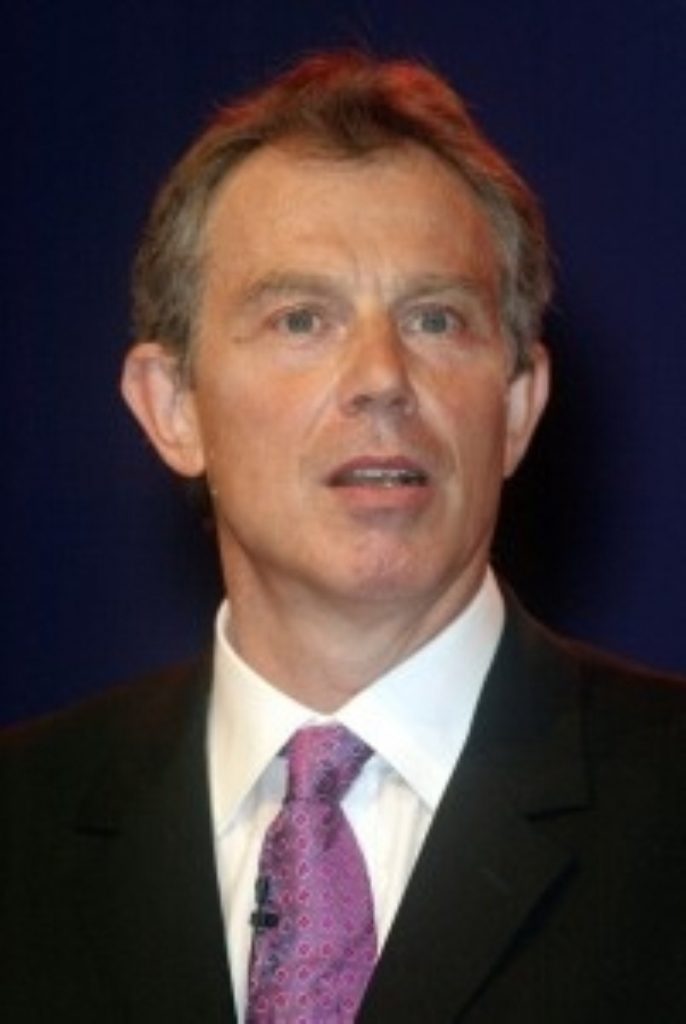Blair faces internal dissent over EU Constitution
A small group of Labour backbenchers have launched a campaign against the Government’s backing for the European Constitution.
Calling themselves “Labour against the Superstate” the MPs will join the “no” campaign.
Leading the group is Glasgow Pollok MP Ian Davidson who predicted that around 20 or 30 Labour MPs will join the group. He claimed that there were others within the party of the same view but, he told the Guardian, they “have no good reason to ruin their ministerial prospects right now when the referendum may never come to pass.”
Former ministers Frank Field and Kate Hoey have backed the formation of anti-constitution group.


Ms Hoey, former Sports Minister, said: “I think more and more Labour MPs will be feeling that they have to do what’s in the best interests of the country. In my personal view that will be to campaign very strongly against the constitution.”
The group had its first meeting in the Commons yesterday after the Prime Minister launched his campaign to promote the EU Constitution.
Tony Blair told MPs that the treaty explicitly is not paving the way to a federal Europe and that all of the UK’s red lines have been maintained.
So far the Labour hierarchy appears relaxed about the internal opposition. Speaking at a joint press conference with the Italian foreign secretary on Monday, Mr Straw joked that he might find “the whole of the Labour party joining it, because we are all against a superstate!”
More worrying to Mr Blair is the hint that the largest trade union Amicus might not back a “yes” campaign.
Despite having a generally pro-Europe stance the leader of Amicus, Derek Simpson, said that his members were disappointed that Mr Blair had failed to significantly promote workers’ rights.
Amicus had been hoping that the new constitution would enshrine rights for UK workers available else where in Europe, but Mr Blair insisted that the treaty should not undermine the UK’s flexible labour market.
A referendum on the EU Constitution is not expected until after the next general election, despite Michael Howard’s calls for an early vote.












